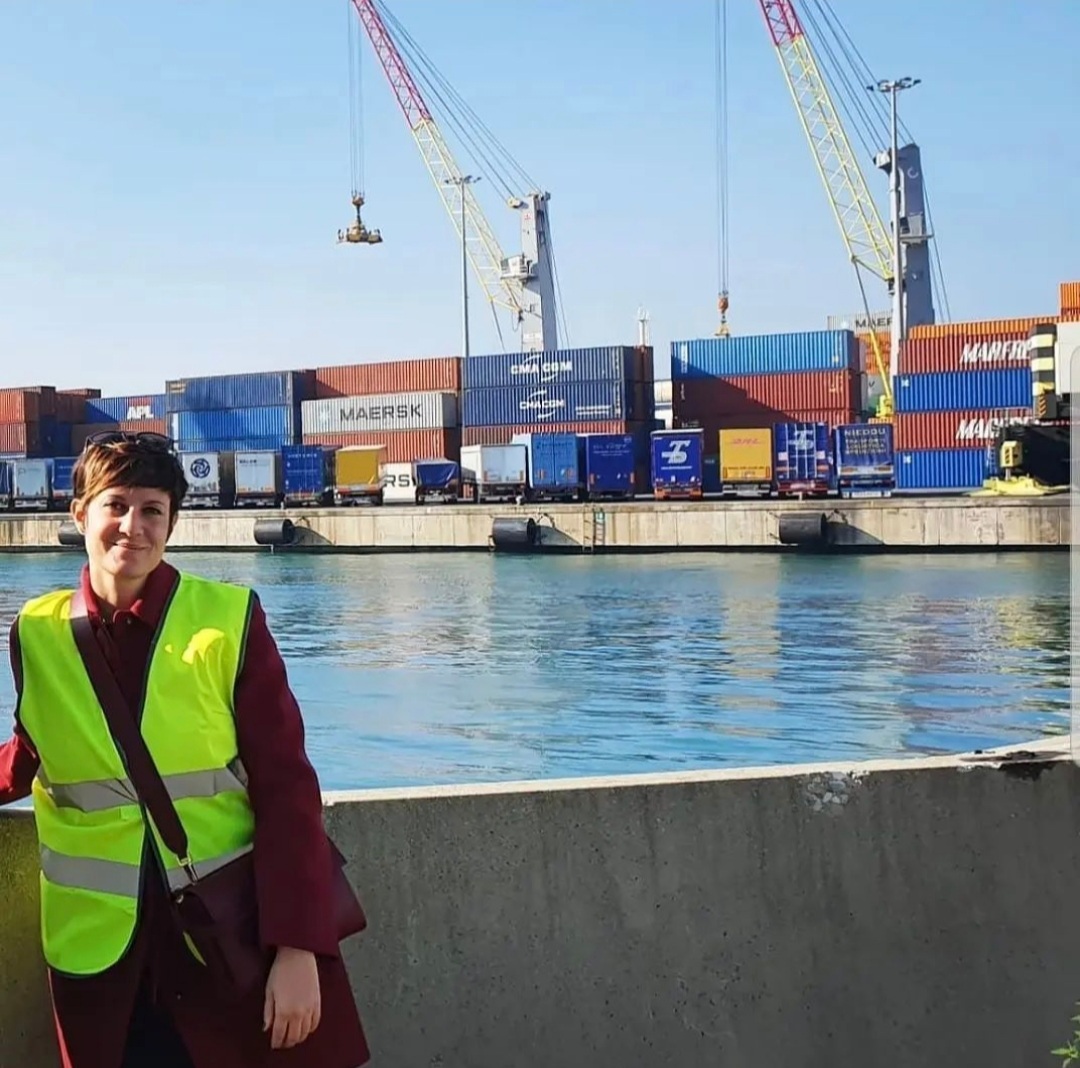The Chinese economic crisis, with its unemployment and sluggish growth, the uncertainties of the war between Israel and Hamas, the repercussions on maritime trade of the Houthis’ attacks on ships. If you count them on your fingers, there are more than a few worries plaguing shippers, for whom 2024 promises to be fraught with uncertainty.
Since opening her own freight forwarding company, Alix International, in 2021, Alice Arduini has seen a lot.
Having made it through the pandemic crisis and putting a challenging 2023 behind her, with its free-falling ocean freight rates and low profit margins, Arduini looks to tomorrow with a mixture of apprehension and confidence: “What worries me is that catastrophic events are multiplying unpredictably. As freight forwarders we have to be increasingly flexible to meet the new challenges of global trade. At times it almost seems
“If, during the Pandemic, ocean freight rates rose to unprecedented levels, in the immediate aftermath we saw the opposite trend, in part due to congestion problems that crippled ports and trade between 2021 and 2022 coming to an end. Now, the war in the Middle East and the attacks by the Houthis have turned the trend in freight rates around again, encouraging new growth.”
War, yes. The geopolitical tension in a nerve centre for world trade worries the Genoese manager: “We are in a particular historical moment. Attacks on cargo ships by the Houthis have prompted more and more companies to avoid the Red Sea and circumnavigate Africa to reach markets in the Far East. That means an extra 15 days’ sailing time.”
Rerouting trade has had an impact on freight rates which, Arduini says, have inevitably increased, independently of the trade dynamics associated with the upcoming Chinese New Year (celebrated between 21st January and 19th February):”Every year, as a run up to the Lunar New Year celebrations and the closing of factories, liners reduce their available vessel capacity, prompting freight rates to rise. Instead, freight rates have risen over the last few weeks due to carriers deciding to impose extra surcharges due to war-related risks and longer east-west sailing times,” she explains.
The decision by many shipping companies to circumnavigate Africa rather than passing through the Suez Canal will not only affect the cost of goods but also the availability of containers: “The increased transit time for transporting goods from Europe to China will make it difficult for empty containers to return to the East. From the end of January onwards, we expect a shortage of empties and a shortage of ships for loading goods,” the founder of Alix International points out.
Many clients are now looking for alternatives to just sending their goods by sea. “Combined transport for example, by ship to Dubai and by air from Dubai to Europe is back in fashion,” says Alice Arduini. “There is also the option of sending goods by train. Rates are reasonable: transporting a 40-foot container costs $8,000 on average, $ 2,500 more than sending them by sea, which has uncompetitive transit times today because of the African round trip. The rail transport mode is very popular with our clients.”
In short, the geopolitical tension in the Middle East is redefining the routes and could have very different consequences if the raids conducted by the United States and Great Britain against the Houthi militia in Yemen were to lead to an escalation, prompting Iran to intervene directly.
Against the backdrop of the Middle East crisis, there is another crisis, this time an economic one: the one in China. Falling price levels coupled with weak growth is stifling the prospects of the country’s recovery. Its destiny has the world on tenterhooks.” The zero-covid strategy promoted by Xi Jinping’s government has been disastrous because it has pushed many importers to shift their production to other countries, such as India, Vietnam, Turkey, Indonesia. The development of nearshoring policies encouraged by Europe but also by the US have clearly contributed to damaging Chinese trade, whose exports have declined alarmingly over the last few months.”
Arduini speaks, for example, of the difficulties some of her clients are experiencing in selling Chinese articles and products: “Made in China, especially in fashion, is now branded as heresy and it is blatantly clear that Beijing has lost a large slice of its market,” she says.
It remains to be seen how China intends to deal with the outcome of the new elections in Taiwan: “A Chinese policy of aggression would make trade agreements with Europe fade away, weakening the Chinese economy even more,” she adds.
“However, it has to be said that despite the impact that the substantial blockade of the Red Sea has had on ocean freight rates, they are currently falling slightly for traffic between Europe and the Far East. This is a sign that China is still in difficulty.
Shipping companies are forced to offer competitive prices to snap up the small quantity of Chinese goods currently available, which there is little demand for worldwide’.
Nevertheless, freight rates are now well above the break-even level ($3,000 per FEU) and are still running at $5.5 thousand for a 40-foot container. A godsend for shippers: “There is no point in hiding it,” Arduini points out, “the upturn in freight rates is a real breath of fresh air for us, even if we are not at all happy about the reasons for it. Carriers always manage to fall on their feet, whatever the current difficulty is. It is always the final consumers who pays for the consequences of these recurring global crises. They have to carry the weight and contradictions of this world of ours on their shoulders.”
Translation by Giles Foster

